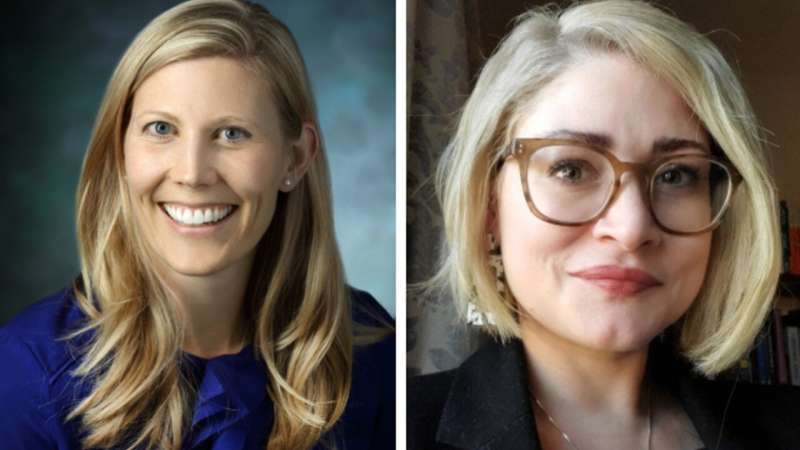#Experts say including people with disabilities in clinical research is key to reducing health inequality

“#Experts say including people with disabilities in clinical research is key to reducing health inequality”

On his first day in office, President Joe Biden signed an executive order on advancing racial equity and support for people in underserved communities, including identifying gaps in data needed to achieve that goal. Now, one year into President Biden’s term, Johns Hopkins experts have authored a commentary in the Jan. 15 issue of the New England Journal of Medicine on how people with disabilities remain left out of most initiatives to increase the diversity of research study populations.
In the commentary, Bonnielin Swenor, Ph.D., M.P.H., director of the Johns Hopkins University Disability Health Research Center, calls for the National Institutes of Health to add disability as a necessary demographic for inclusion in their funded research, alongside sex and race.
More than a quarter of U.S. adults identify as having a disability—which includes people with sensory, physical or cognitive disabilities, mental illness, or other conditions that impact daily life. Americans with disabilities are more likely to have unmet health care needs and to have incomes below the federal poverty level than those without. This population is projected to increase due to the COVID-19 pandemic as growing numbers of people are experiencing debilitating symptoms of the disease long-term.
For research to be applicable to all segments of the population, Swenor and her co-author, Jennifer Deal, Ph.D., M.H.S., assistant professor of epidemiology at the Johns Hopkins Bloomberg School of Public Health, say that guidelines for including people in specific studies should avoid ruling out people with disabilities. They say this practice is often unnecessary, and there are many technologies and methods to ensure the disability community is included in research studies.
“Data is necessary to develop evidence-based policy and clinical decisions. The exclusion of people with disabilities from research perpetuates inequities within this community,” says Swenor.
New analysis: More US adults identify as disabled; ethnic and socioeconomic disparities persist
Bonnielin Swenor et al, Disability Inclusion as a Key Component of Research Study Diversity, New England Journal of Medicine (2022). DOI: 10.1056/NEJMp2115475
Citation:
Experts say including people with disabilities in clinical research is key to reducing health inequality (2022, January 27)
retrieved 27 January 2022
from https://medicalxpress.com/news/2022-01-experts-people-disabilities-clinical-key.html
This document is subject to copyright. Apart from any fair dealing for the purpose of private study or research, no
part may be reproduced without the written permission. The content is provided for information purposes only.
If you liked the article, do not forget to share it with your friends. Follow us on Google News too, click on the star and choose us from your favorites.
For forums sites go to Forum.BuradaBiliyorum.Com
If you want to read more Like this articles, you can visit our Science category.




